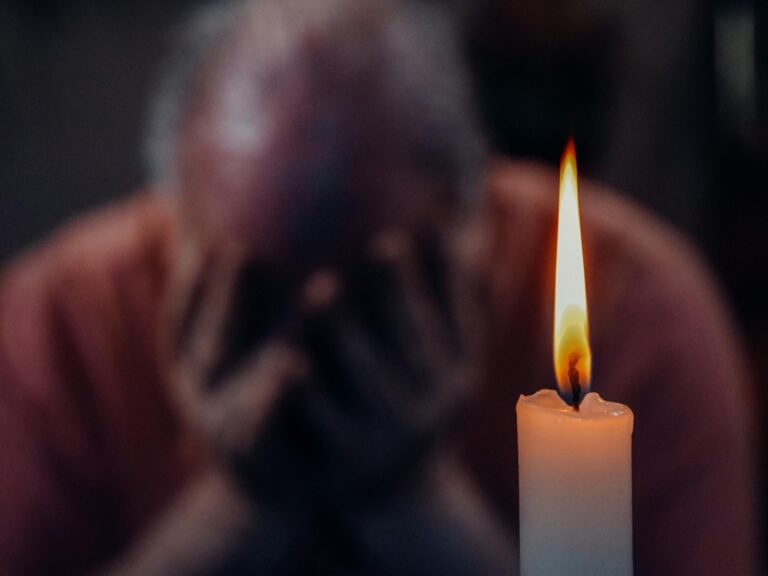“My boyfriend and I have been together for a year. We plan to get married. But a big hurdle is different religions. He promised he was ok with my religion, and now he’s not. We argue over it. And now he wonders why I have nothing to communicate about with him. He wants more intelligent conversations. I have nothing to say because he attacks my religion. I hate confrontation. I shut down. And the more silent I become the more upset he gets. Which I suppose I start rolling my eyes ( guess it’s natural habit) and he elevates voice and then name calls. He believes if I just listened he wouldn’t need to call me names. I believe there’s no reason to ever call names. Ever. Clearly we’re not communicating well. But he seems to think feelings aren’t the most important in a relationship. Am I wrong in thinking that feelings go hand in hand with the practical aspects of it? You need to express how one is feeling, how certain actions made one feel, etc. it can’t just be this black and white thing. Correct? There’s a 19 yr age difference between us as well.” – Attacks My Religion
Dear Attacks My Religion,
Dr. McMahon asked me to respond to this question, as I am both a pastor and a couples therapist.
Your question concerns your different religions but also raises other matters of equal importance. As to religious differences, Dr. McMahon has a good article on interfaith marriages. But the extent to which religious differences become problematic for a couple depends in part on the extent to which one’s faith defines one’s identity. Perhaps in every religion, there is a spectrum from nominal to zealous and everything in between.
Depending on where spouses’ faith falls on this spectrum, their faith will more or less affect their worldview and values, which will in turn affect their views on the nature of people, how we interact with others, what to pursue in life, etc. Similarly, our philosophies, beliefs, and spiritual leanings may affect views on many subjects that are already common areas of conflict for couples—even without religious differences: money, parenting, household tasks divisions, in-laws, sex, outside stressors, electronic devices and pornography.
Add to this list the expectation that partners of different religions will be working out which place of worship to attend—or both—at what times, with what prioritization and at what level of involvement. In-laws’ opinions are likely to be felt at some level, as well. And once children are welcomed into the marriage, the religious influence to which they’re exposed may become a matter of more frequent discussion than expected, especially if beliefs are strongly held.
This isn’t to say that a couple cannot respectfully work out a compromise such that their “shared meaning” (a Gottman Institute term) finds a mutually-satisfying incorporation that honors both individuals’ faiths. But that takes me to other aspects of your query.
He has intellectual questions about your faith; that’s OK. Attacking you (depending on exactly what that means) about your faith, and name-calling are not OK. These do not bode well for a respectful, caring relationship going forward.
The other thing that caught my attention about your query is one of the most common gender differences I notice as a couples’ therapist. It is the tendency for a man to see an issue as a matter of facts and figures and proofs, whereas for a woman the essence of an issue is how it is affecting the relationship, emotionally—whether the conversation is drawing partners closer together or driving them apart.
As you implied, the way to deal with this is through improved communication, wherein this and other expected differences can be explored with curiosity. The goal is that whatever your different perspectives, they can be heard and honored without attacks, raised voices, name-calling, eye-rolls, or stonewalling.







